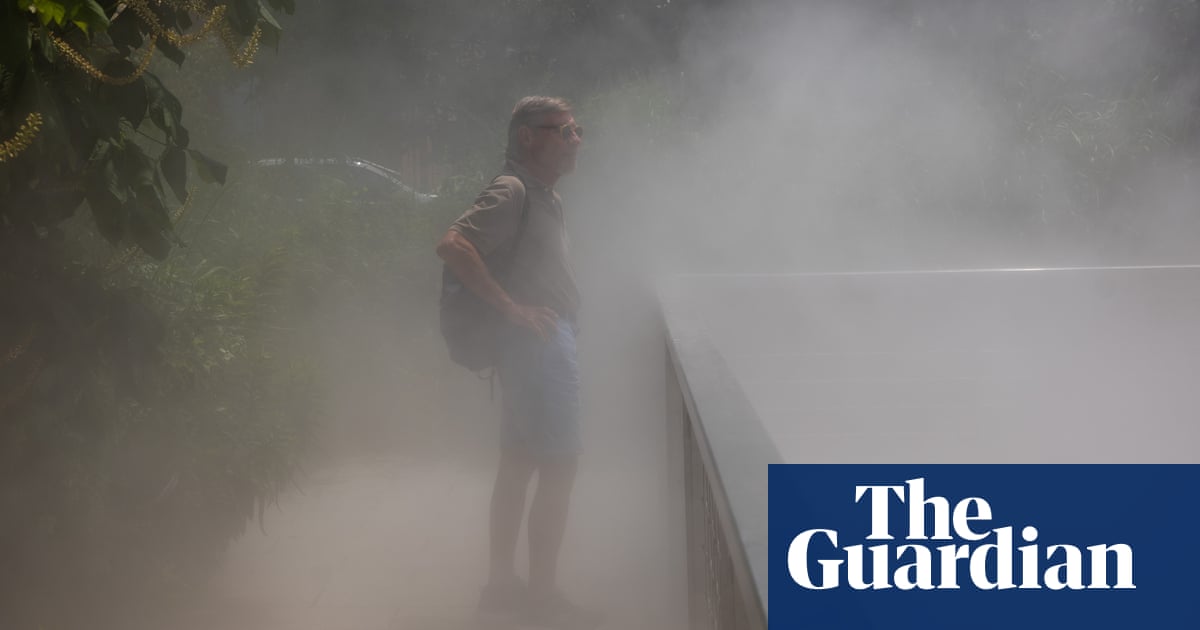Nearly 34 million people in those cities, or 15% of the US population, experiencing temperatures higher than in surrounding areas
Almost 34 million people in 65 major US cities, or 15% of the country’s population, are experiencing temperatures that are 8F higher than their surrounding areas, according to a new analysis from Climate Central, a non-profit research group.
That is largely due to built environments like parking lots and asphalt sidewalks, and a lack of trees, that contribute to what’s known as the urban heat island effect.
The research found the urban heat island effect was strongest in New York City, where the built environment can push temperatures more than 9F higher than nearby areas.
The study, which comes as extreme heat is blistering through the US, putting more than 146 million people under advisories, illustrates how many are enduring even higher temperatures due to the way their cities were built.



The problem with planting trees in boulevards or in parking lot islands is that they cement and asphalt don’t allow a lot of water to filter through to the roots. They might be fine for a little while, you might be able to nurse them along if you find a way to water them. But ultimately, they will all die off earlier than they should.
Agreed. Although, it depends on the tree. A lot of warmer cities like palm trees because they have a root system that works well in this scenario.
It’s also worth noting that many cites have utilities running under these streets.
There is also increased maintaince as leaves must be cleared from the streets/sewers, dead branches must be removed before they are hazardous, and the city should be monitoring overall health to cut trees before they rot out and fall.
There have to be tree species that will do all right with less water. They might be invasive though, so that would be a different problem.
Bradford pears were used a lot in my area, but were ultimately invasive. I think putting more native shrubs or bushes might help some since their drip like can be kept smaller than a tree’s.
It’s a problem I have to deal with regularly at work. So many parking lots had low canopy trees that just all died off at about the same time due to being in parking islands.